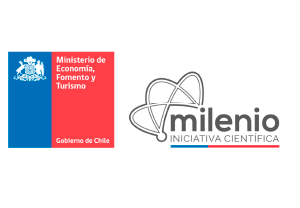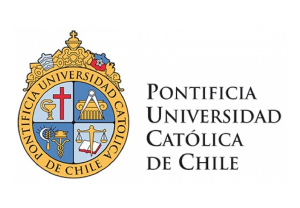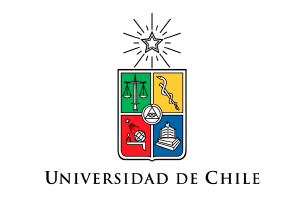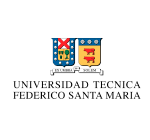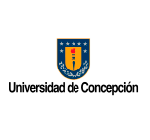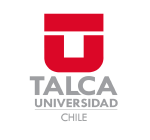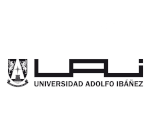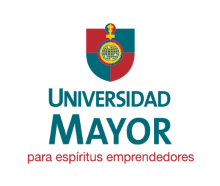Noticias

Diciembre, 2020.- La octava edición de los Premios de Investigación de América Latina realizados por Google Research, seleccionó 22 proyectos de investigación de frontera, de diversos países de América Latina, a los que otorgó financiamiento.
En el caso del Instituto Milenio Fundamentos de los Datos, el trabajo reconocido es el que llevan a cabo Dustin Cobas, investigador de doctorado, y Gonzalo Navarro, investigador asociado de nuestro instituto, ambos del Departamento de Ciencias de la Computación de la Universidad de Chile. Su trabajo, que investiga índices prácticos y flexibles en colecciones de cadenas repetitivas, ya había recibido este reconocimiento en 2019.
Para Navarro, “es un gran honor haber vuelto a estar entre los elegidos. El proyecto de tesis de Dustin se enmarca en la investigación sobre cómo manipular eficientemente grandes colecciones de texto, que están creciendo más rápidamente que los recursos computacionales de los que disponemos y amenazan con inundarnos de datos (el fenómeno se llama a veces Data Deluge, en inglés)”, explicó.
“Estamos siendo inundados de datos pero no de información, siendo esa la clave para enfrentar el desafío”, indicó el académico, quien detalló que mediante este proyecto “queremos poder almacenar esta información en espacio proporcional a la cantidad de información que realmente almacenan, pero de una forma en que todo funcione como si la tuviéramos almacenada en forma plana. En particular, nos concentramos en formas de almacenamiento que permitan acceder directamente a cualquier elemento, y a realizar búsquedas en ellos, sin jamás descomprimirlos, sólo simulando que los tenemos físicamente descomprimidos”, remarcó.
En un año marcado por la pandemia de covid-19, el impulso a investigaciones académicas en materias relacionadas a tecnología e innovación cobró mayor relevancia ya que permiten solucionar cada vez más problemas a escala global. Es por ello que entre las 22 propuestas ganadoras, cinco están relacionadas con el covid-19, mientras el resto son aplicaciones de Inteligencia Artificial (AI) para el sector salud y aprendizaje automático, entre otros.

Entre los ganadores dos son de Chile, trece de Brasil, cuatro de Argentina, uno de Perú, uno de Colombia y uno de México, que abarcan temáticas que van desde clasificar lesiones de piel para identificar tipos de cáncer hasta detectar criaderos de Aedes aegypti, que pueden transmitir enfermedades como el zika.
El otro proyecto reconocido a nivel local es el de Felipe Tobar, académico del Centro de Modelamiento Matemático, y Jouhui Ho, tesista de magíster en la Escuela de Ingeniería Eléctrica, ambos de la Universidad de Chile, con una investigación sobre detección de convulsiones neonatales mediante electroencefalografía (EEG): un enfoque continuo y multicanal.
Fuente: Equipo de Comunicaciones, Universidad de Chile https://www.uchile.cl/noticias/171377/equipos-de-la-u-de-chile-fueron-destacados-por-google-en-concurso








